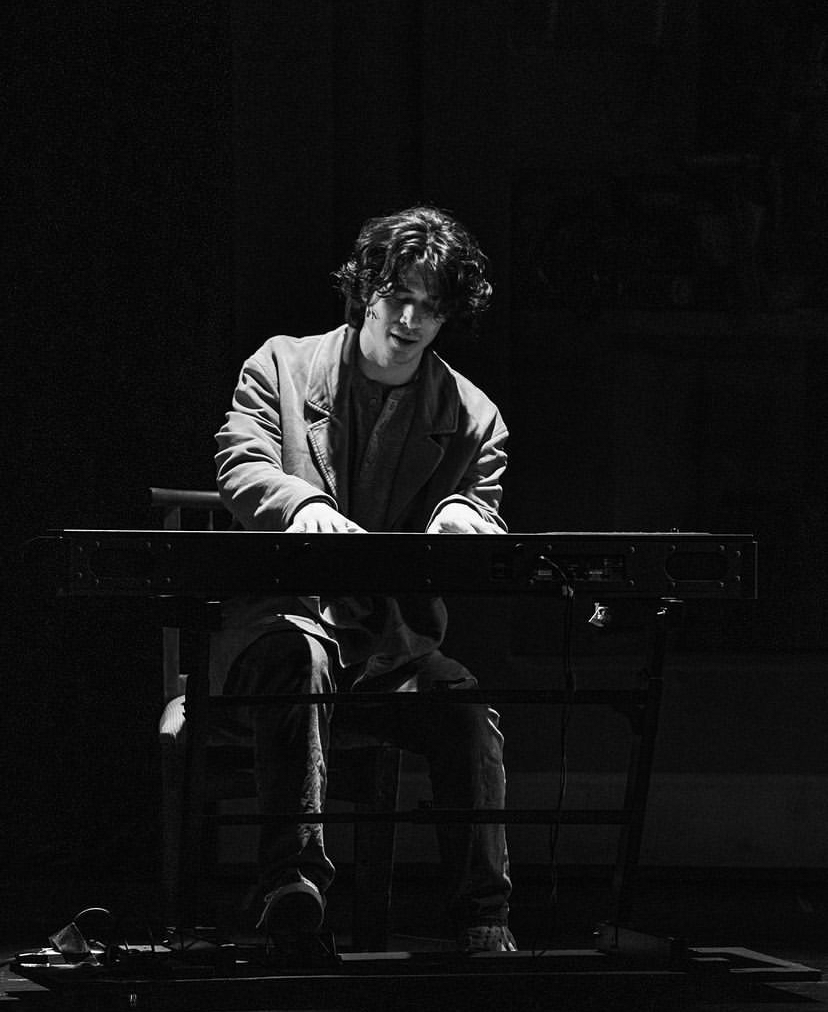
SHOULD PASSION be turned into a career?
For some, the question is a no-brainer. After all, it has been said that when you decide to pursue something you love, you would not find yourself working even for a single day.
However, the realities of life bite hard. Aspirations that are eagerly sought are often impractical. Similarly, what seemed to be innate is now foreign because of adversities. As people become too busy with day-to-day struggles, they lose time for those dreams they wanted to fulfill for their own sake.
But when is the right time to pursue those lofty aspirations? Do dreams ever arrive on time?
Jonathan Larson’s Tick, Tick… Boom! is an autobiographical musical that showcases his journey as a struggling playwright. Originally a musical monologue, it presented his life before Rent (1996), the award-winning play that catapulted his place in theater history.
This year, seven years after its first Manila staging, 9 Works Theatrical brought the play back to the country under the direction of Robbie Guevara. It premiered on Aug. 5, 2023, at the Carlos P. Romulo Auditorium, Makati City.

The play articulates the uncertainties of art-related career paths and their effects on relationships and personal well-being. It also dabbles into the socially expected milestones upon reaching a particular age, which are not always met.
It commences with the sound of a ticking clock, followed by Jon’s (Jef Flores) famous opening monologue. He is pressured as his 30th birthday approaches yet he is still not where he envisions to be. Not long after, Jon’s roommate Michael (Vien King) convinces him to join the corporate world. Conflicts also arise with his girlfriend Susan (Kayla Rivera), a dance instructor who wishes to settle down and move to New England. Michael and Susan support Jon’s endeavors but are concerned and affected by their consequences.
Although most of the premise of the story was built on the narrator’s anxiety, it was relatable as it incorporated comedy, similar to how people use humor as a coping mechanism. The funny scenes also prevented it from being melodramatic. This was achieved by using pop culture references of the time such as Reaganomics, satirizing absurd behavior of people around them and employing clever metaphors. The inclusion of a gay character was also justified. The multidimensional character did not exist solely for stereotypical gay attributes. Instead, he served as a window to show the prevalence of acquired immunodeficiency syndrome (AIDS) at the time, which became the leading cause of death for adults in the United States in 1994.
However, the beginning could have employed more subtlety, as the symbolism behind the ticking of the clock need not be explained. The inclusion of his encounters with Karessa (also played by Rivera) also made the audience shy away from the main character.

When it comes to the actors, they were excellent in making the audience feel the emotions of the characters they were playing. The casting was deliberate as they looked and sounded foreign while also speaking with a clear, non-alienating diction. Their voices were powerful when they sang and delivered emotional lines. It was also commendable that they managed to interact with the audience while still maintaining adequate distance. In the middle of the show, they threw a Twinkie to the audience on the front row and Jon’s dad hid at the back of the audience.
Engaging and diverse, the upbeat soundtrack was effective in energizing the audience, so was the somber music as a tearjerker. Figures of speech were put to good use in the compositions, delivering the message excellently by playing with the emotions in the process. For example, Johnny Can’t Decide allowed Jon to talk about what he felt from the third-person perspective, which increased its effectiveness in channeling emotions.
Upon entering the venue, one would notice that it was relatively smaller than other theaters. However, this served as an advantage as the proximity of the audience to the actors helped in delivering the message. There was also only one backdrop which was Jon’s bedroom. This served its purpose as the play aimed to let the audience into Jon’s mind.
While it was the only setting, the bedroom was used sufficiently. The stage moved when the actors needed more space outside the room. The audience was set aback when the room was partially disassembled just as emotions were running high and vibrations were felt through the speakers.
Tick, Tick… Boom! pulled the audience into a world of uncertainties. With its excellent set, engaging antics and a well-written soundtrack, the important realities in the play’s milieu were remarkably depicted. It emphasized anxiety with a lightheartedness that piques the Filipino taste. Nonetheless, the autobiographical musical conveyed the message that facing one’s fears cannot be avoided when pursuing dreams, including the pressure from the tick of the clock. F – Francis Miguell Sta Rosa



